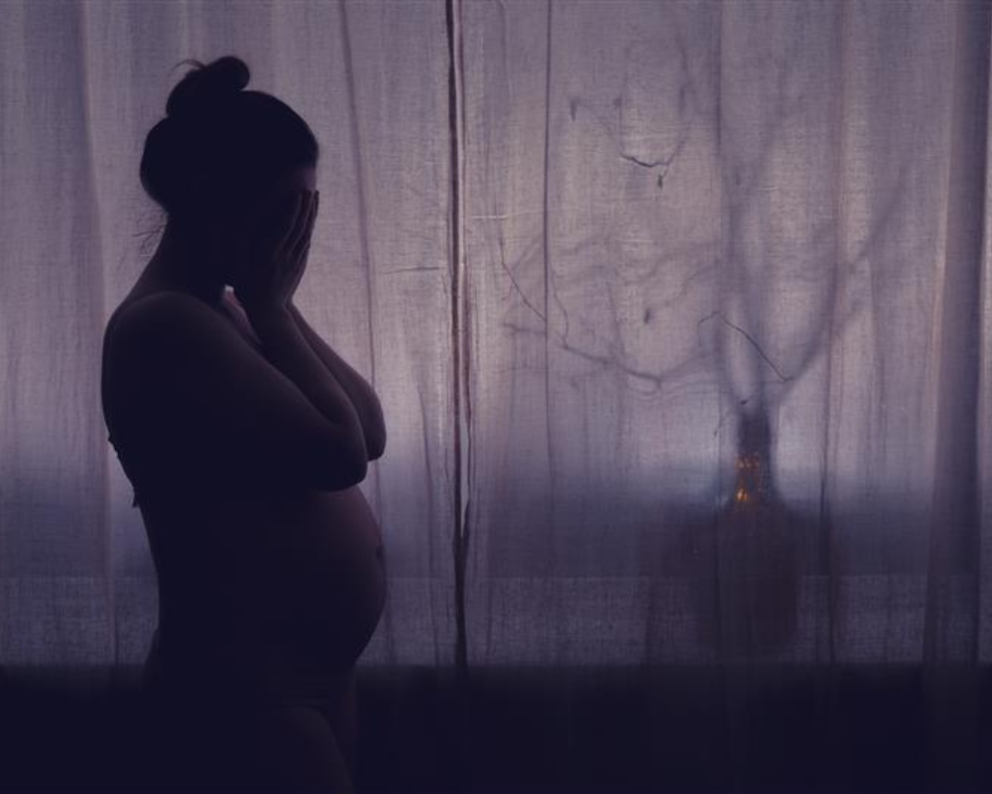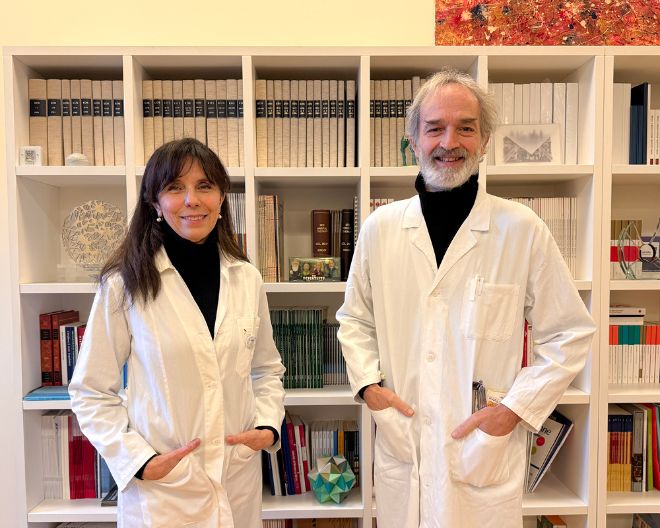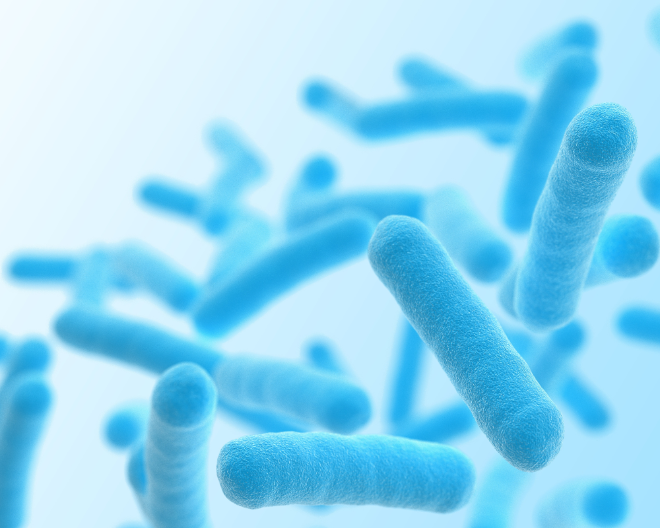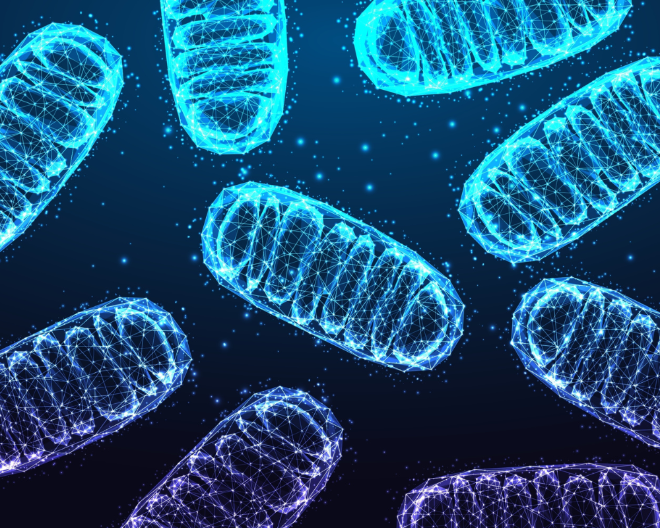Peripartum depression
Role of hormonal fluctuations and genetics explored

The Unit of Psychiatry and Clinical Psychobiology at IRCCS Ospedale San Raffaele, directed by Professor Francesco Benedetti, associate professor of psychiatry at the Vita-Salute San Raffaele University, recently published a study in Biological Psychiatry: Cognitive Neuroscience and Neuroimaging reporting some preliminary data on the relationship between the possibility of experiencing peripartum depressive episodes (PPD) and genetic predisposition to hormonal fluctuations.
The study, coordinated by Dr. Yasmin A. Harrington, a researcher at the Clinical Unit of Psychiatry and Clinical Psychobiology at IRCCS Ospedale San Raffaele and Vita-Salute San Raffaele University, represents a further step toward understanding this still understudied condition, from which at least 15-20% of women who become mothers are estimated to suffer.
The study
In this retrospective study, 64 female patients with major depressive disorder were analysed, divided into two groups: 30 reported a history of peripartum depression (PPD), i.e. having experienced depressive episodes around the date of birth; 34 did not report a history of depressive episodes in the peripartum period.
The participants underwent magnetic resonance imaging (MRI) to obtain structural images of the brain. Image analysis showed that women with a history of PPD had increased volume of the basal ganglia, a brain region involved in regulating emotions and motivation, compared to women without a history of PPD.
The pregnancy period is affected by notable hormonal fluctuations, such as sudden variations in the concentration of the hormone estradiol, for which there may also be a genetic predisposition.
«We therefore estimated the genetic predisposition to estradiol fluctuations of the women examined and compared it with the results of brain scans - explains Dr. Yasmin Harrington - In particular, we observed that the calculated risk of being genetically predisposed to having high concentrations of estradiol was associated with greater basal ganglia volume in women with a history of PPD, whereas in women without a history of PPD this risk was associated with smaller volume. In other words, the greater the genetic risk for high concentrations of estradiol, the greater the volume of the basal ganglia measured, years after giving birth, in the group of women with a history of PPD. On the contrary, the greater the genetic risk for high concentrations of estradiol, the smaller the volume of the basal ganglia measured in women without a history of PPD» states Harrington.
Conclusions and implications
These results seem to suggest that there are specific differences, maintained over the years, between the biology underlying major depression and that underlying PPD.
«The results – explains Professor Francesco Benedetti – although preliminary and not definitive, suggest that the neurobiological response to sexual hormones may vary based on the personal predisposition and clinical history of the patients».
A step forward in understanding peripartum depressive disorder, which will necessarily need to be followed by further research for these results to be translatable into personalized clinical treatments.
San Raffaele and depression
Major depression affects approximately 280 million people worldwide. In Italy, it is estimated that at least one in five people experiences a depressive episode in their lifetime. To date, approximately 5% of the population suffers from recurrent major depression, a chronic form of the disease that can manifest itself following a seasonal pattern.
Over the years, to better understand and treat this pathology, San Raffaele has conducted various studies. In addition to the above research, Professor Francesco Benedetti's group is working on a research project which, last May, led to the publication in the journal Brain, Behavior, and Immunity of a clinical study on the efficacy and safety of a treatment with interleukin 2. Research has shown that the administration of low doses of this inflammatory cytokine improves patients' response to antidepressant drugs already in use by promoting the proliferation of T lymphocytes, a specific population of immune cells.
«A lot has been done in terms of knowledge of the pathology, but there is still a long way to go to find clinically applicable solutions capable of helping patients – concludes Professor Benedetti – Those who suffer from depression are not simply 'sad' or 'lazy', but they are afflicted by an unspeakable existential pain, which paralyzes motivation and enjoyment of any pleasure, negatively affecting the quality of life. This is particularly true and painful for some social categories, such as women, for whom the belief that becoming mothers must be the greatest aspiration and fulfilment is unfortunately still widespread. We hope that our study on PPD can help both counteract this prejudice and understand the neurobiological basis of the disease».
You might be interested in

Multiple sclerosis, breakthrough in research: researchers have identified a molecule that promotes repair of the nervous system

The microbiome as an ally against myeloma

Intrecci: a UniSR project for more inclusive and accessible cancer diagnosis

